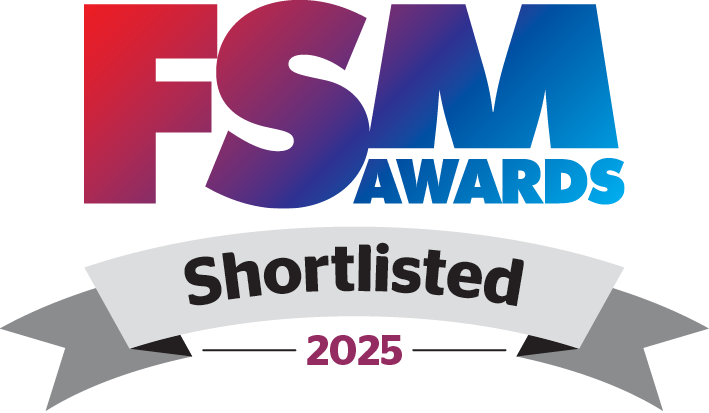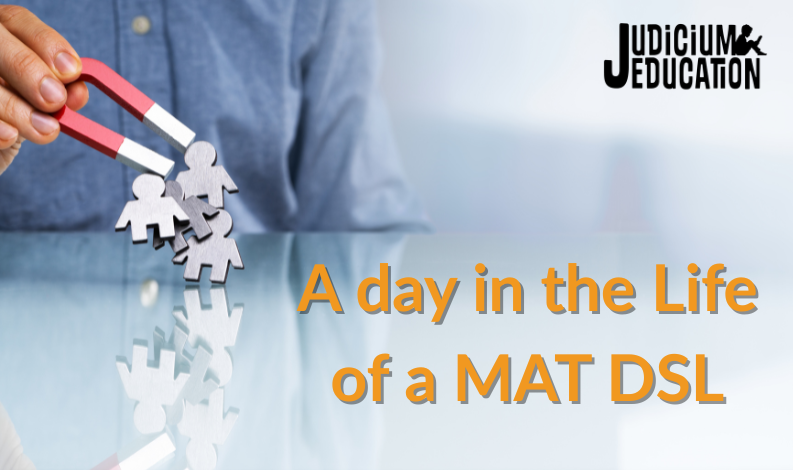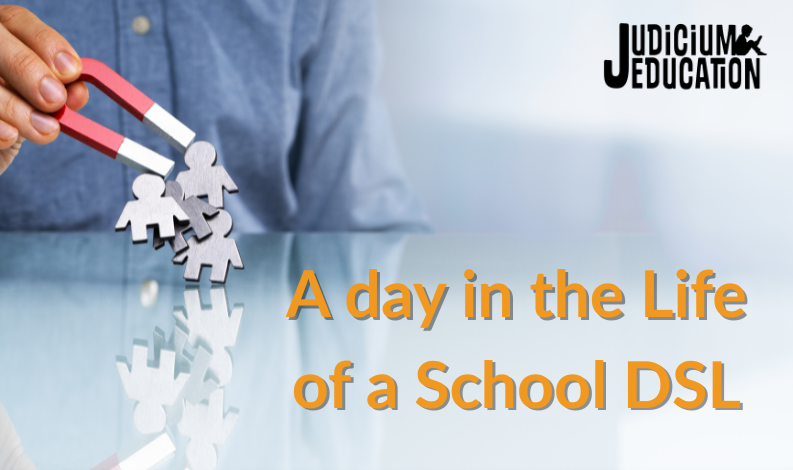
Craig began the Sofa Session by sharing some of the latest guidance that had been released around Subject Access Requests (SARs) around Predicted Grading.
One of the main concerns, for schools, has been receiving an influx of SARs from both parents and students as a result of sending off predicted grades that they’re unhappy with.
The guidance was updated today (the 9th of June), and the key points are as follows:
- First of all, it says that “Schools and Colleges don’t have to submit supporting evidence used for grading as part of the process” . One of the things it does say, however, is “Data should be retained in case exam boards have queries about the data.”
- The guidance says that “If someone asks prior to that time [the results being published] then we can give them a response either within 5 months of receiving the request or within 40 days of announcing the exam results – whichever date is earliest”. This also includes Centre Assessment Grades. So essentially, any SARs that come prior to the publishing of results we can delay. The guidance goes on to further back this up by saying, “That professional grades and supporting evidence shouldn’t be shared with pupils and parents and this is to protect the integrity of the process and avoid external pressures on grading”.
- However, what happens if someone puts in a request for the data after the results have been published? The guidance goes on to say that “Appeals will happen but only if the centre believes it has made an error in submitting information, the centre believes the exam board made a mistake when calculating, communicating or assigning a grade.” The guidance does go on to say that, “if the suggestions are towards bias or discrimination this could be raised either with the centre or the exam board as malpractice.” The problem is that this piece of guidance is mostly up to interpretation and we are hoping that the guidance becomes a bit clearer on this section.
Another area of concern was around Videoconferencing and Teaching:
- Craig began by talking about Zoom, the problems that came with it and the issues it has solved since the sudden demand for its videoconferencing product at the beginning of lockdown. One of the main issues with Zoom, in the beginning, was how easy it was to hack the Meeting IDs (which has now been rectified), so, it was really easy for people to jump onto a foreign call and behave inappropriately or posting images that could cause safeguarding issues for the children.
- Teams has improved their features by increasing their chat windows from 4 windows to 9 windows (and is expected to increase to double digits in the next couple of weeks).
- Everyone is now realising how valuable these videoconferencing tools are and these tools are ensuring that the safety element and security is their top priority.
- Screen sharing and recording – have also brought about their own apprehensions. A lot of people will use the word ‘safeguarding’ in order to justify their reason for recording a session. Schools need to remember that a classroom is not recorded for the same reason. If a teacher is wanting to record they need to ensure that the correct level of protection is put in place; is the teacher being transparent about recording a session, do pupils have the option to consent to being recorded and what is their alternative option should they choose not to be recorded? Be cautious and don’t take for granted the record option on these videoconferencing platforms.
- Training: Training staff and pupils in correctly using the videoconferencing platforms can help them become accustomed to it and can help avoid any misuse of the product.
Recording and storing medical information:
- We have been advising a number of our clients on new technologies they are using as a response to Covid-19, such as Temperature checking devices. It’s important to have your DPO conduct a DPIA (Data Protection Impact Assessment) when using new software, and to think carefully and communicate how and why you are storing that data.
- There has been some confusion around whether or not schools are expected to include details about how we use medical data in privacy notices. The short answer here is no, however, it is useful to include this information, especially if there is a key change regarding how the school stores or uses this data. It is important to also include an impact assessment if you are recording new types of information, for example temperature checks.
- The more we can do to be transparent with people, the better. So although it is not a legal requirement to include this information in the privacy notice, it is good practice to do so.
Related content
.png)
A practical guide to help UK schools respond to cyber-attacks, meet legal obligations, and strengthen their overall cybersecurity resilience.

Discover why Judicium has been shortlisted for Fire Safety Consultancy of the Year at the 2025 FSM Awards, recognising our expert support for schools and trusts in delivering sector-specific, compliant, and practical fire safety solutions.

This blog deep dives into the everyday life of a Multi Academy Trust (MAT) Designated Safeguarding Lead (DSL). For a DSL, every decision echoes across schools, staff, and pupils. It’s a responsibility that requires a steady hand, sharp focus, and unshakable resolve. With over 22,000 multi-academy trusts in the UK, the role of a MAT DSL has become increasingly serious.

Volume 2 of our ‘A Day in the Life of a DSL’ series takes a deeper dive into the role of the Designated Safeguarding Lead (DSL) within schools. For many DSLs, the reality involves navigating unpredictable, emotionally charged situations that require immediate action. Their role isn’t about ticking boxes — it’s about making decisions that can profoundly impact a child’s life.

Attracting top talent in a school or academy trust’s recruitment process is crucial for ensuring they are staffed with the best teachers, administrators, and support staff. However, attracting the best talent is often easier said than done. In this blog, we will explore effective strategies that school and academy trust leaders can use to attract top talent and sustain a strong, successful team for ongoing success.

This is a summary taken from Judicium’s DPO ‘Sofa Session’ from 2nd of April, with Helen King and Sofia Mastrangelo. This session focused on the guidance on sharing safeguarding data and concerns, retention rules, and managing SARs in relation to safeguarding and considering exemptions.


Data Protection